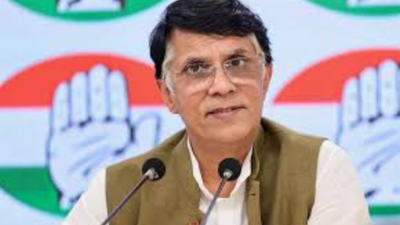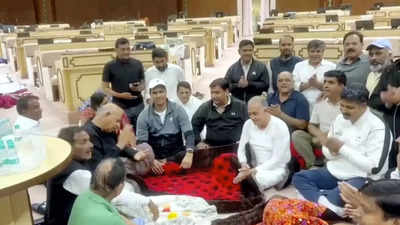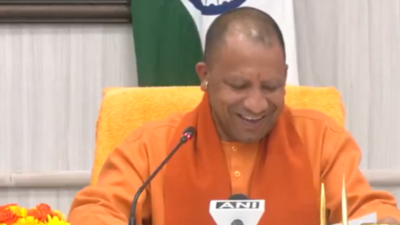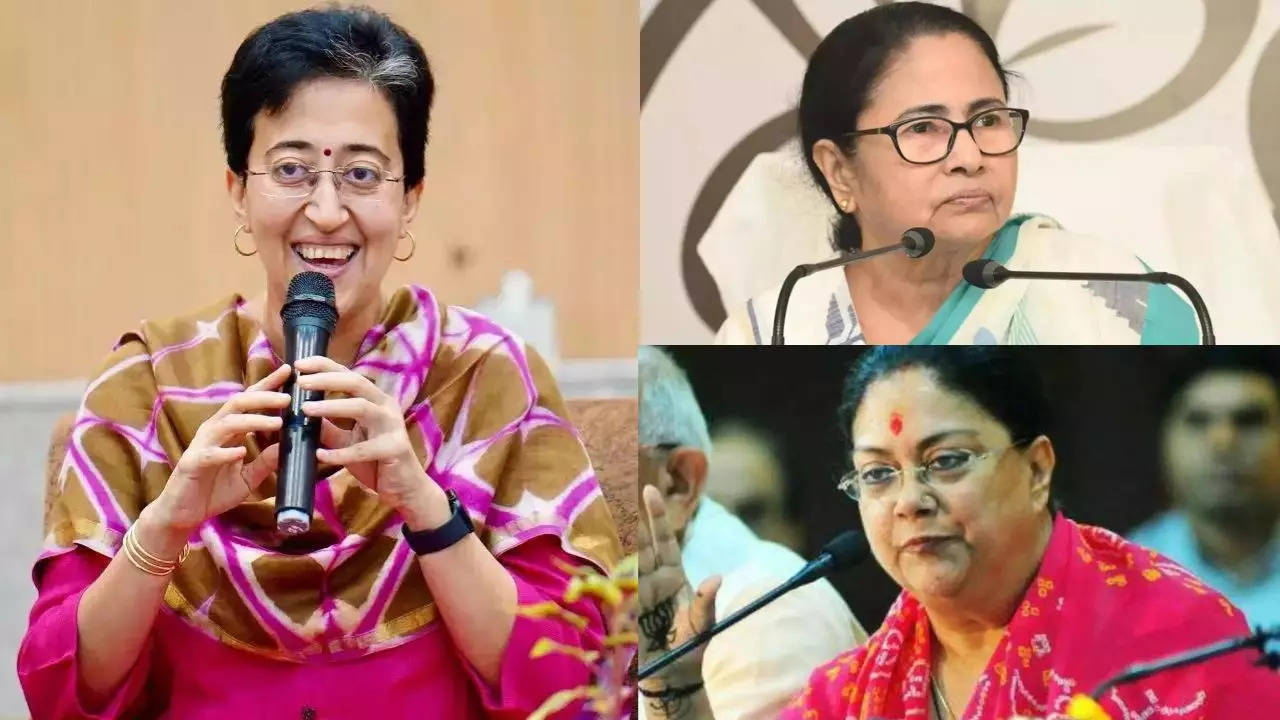NEW DELHI: The focus of the 2023-24 budget on sustainable farming saw zero allocations for the famed ‘Green Revolution’ of 1960s’ that with the help of improved seed varieties, backed by use of chemical inputs in irrigated zones of north-west, had eventually led to India becoming self-sufficient in foodgrains.
Though the overall budget of agriculture ministry saw an increase of Rs 6,000 crore – from around Rs 1.19 lakh crore in 2022-23 to Rs 1.25 lakh crore in 2023-24—the allocation for different components of the ‘Green Revolution’ saw no money on the table for the second year in a row unlike the Rs 6,746 crore allocated in 2021-22.
The zero allocation under this head could reflect a change in government’s priorities in view of groundwater depletion, climate change and soil degradation due to excessive use of chemical fertilisers and pesticides.
“The zero allocation to Green Revolution, nominal budget to price support scheme and shifting the responsibility of input & technology to digital platforms and agri startups are, in fact, official declarations of the end of the Green Revolution era. It will not only impact farmers adversely but food security as well in the long run,” said Sudhir Panwar, farm expert and former member of Uttar Pradesh planning commission.
Officials in the agriculture ministry, however, disagreed. “The zero allocation, in fact, reflects the change in approach without compromising on income of farmers and foodgrain production. Various components of the ‘Green Revolution’ have already found place under ‘Rashtriya Krishi Vikas Yojana’ (RKVY) which has got an allocation of over Rs 7,150 crore,” said an official, explaining the fine print in the budget.
In addition to allocation under RKVY, the budget presented by the finance minister Nirmala Sitharaman in Parliament on Wednesday, made a provision of Rs 459 crore for the first time on the national mission on natural farming – a practice which does not use chemical fertilisers and pesticides or any other external materials.
The RKVY is a programme for achieving high growth in the agricultural sector for higher returns to the farmers through integrated development by focusing on food security, sustainable agriculture, production of oil seeds and agricultural extension.
The scheme has been restructured and erstwhile schemes viz. Pradhan Mantri Krishi Sinchai Yojna-Per Drop More Crop, Paramparagat Krishi Vikas Yojna, National Project on Soil and Health Fertility, Rainfed Area Development and Climate Change, Sub-Mission on Agriculture Mechanisation including Management of Crop Residue have been merged with RKVY.
Reacting on the budget, agriculture minister Narendra Singh Tomar said the Prime Minister took the initiative to make ‘natural farming’ a mass movement, for which a provision of Rs 459 crore has been made. “In three years, one crore farmers will be supported for natural farming, for which 10,000 Bio Input Research Centers will be opened,” said Tomar.









